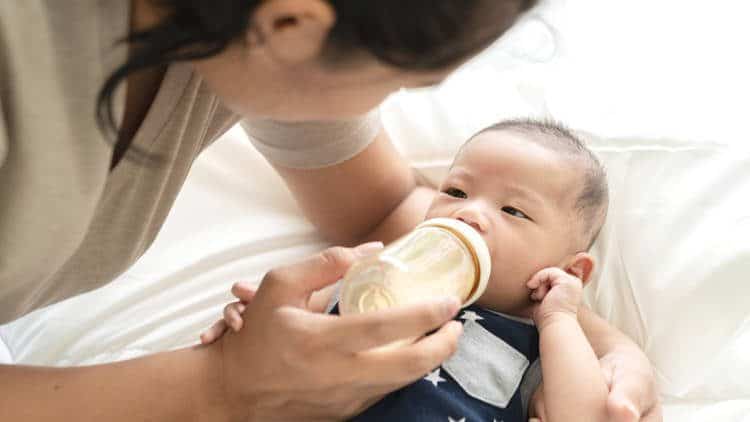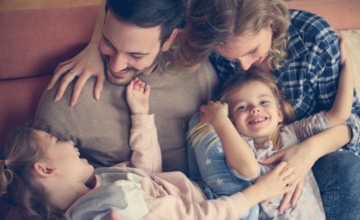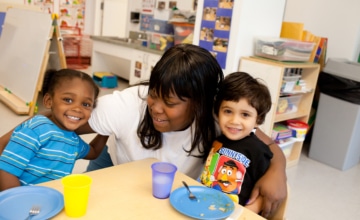Learn how the state is focusing on training of staff and foster parents demonstrates a commitment to the very youngest vulnerable children.
Hawaii is taking a number of steps to ensure that its child welfare system is intentionally addressing the unique developmental needs of the infants and toddlers in its care. The state’s focus on training of child welfare staff and foster parents demonstrates a commitment to the very youngest vulnerable children. For example, foster parents receive supplemental training on how to serve as partners with birth parents, often serving as mentors to help them better support their children’s healthy development.
Two state programs focus on special training for foster parents of children from birth to 3 years. The first, Project First Care, aims to place foster children with a relative while working toward reunification with parents. Project First Care provides on-call foster care for infants and toddlers on a short term basis, and offers specially-trained resource caregivers. The second, Hale Malama, is a program for foster parents of medically fragile infants and toddlers. This program is implemented in partnership with Catholic Charities Hawaii. In addition, Hawaii’s Keiki Placement Project was created to ensure focused efforts to place children from birth to 3 years old with relatives. The project increased placements with kin and has since ended because timely relative placements for young children has been successfully integrated into regular practice.
Recognizing the importance of maintaining relationships between young children and their birth parents, Hawaii requires more frequent visitation between birth parents and young children in foster care than most other states; at least 3 hours per week in natural settings like the foster home, parks, and libraries. The state also instituted the Attachment Behavioral Catch-Up Program, an optional service within the child welfare systems contracted home visiting program for infants and toddlers in foster care. This evidence-based program uses specially trained practitioners to conduct a 10-week curriculum aimed at improving parents’ sensitivity, attachment, and involvement with their babies and toddlers using a strengths-based approach.
Hawaii has also implemented several programs designed around Native Hawaiian cultures and knowledge. One such program is ‘Aha, a community-driven program that connects young men in foster care with adult male mentors. Another, Tūtū and Me, is a traveling preschool program designed for Native Hawaiian grandparents who are the primary caregiver of a young child. The program teaches developmental skills to young children and caregiving support to grandparents.
This description of Hawaii’s work is highlighted in ZERO TO THREE’s publication A Place to Get Started: Innovation in Infant and Toddler State Policies.




